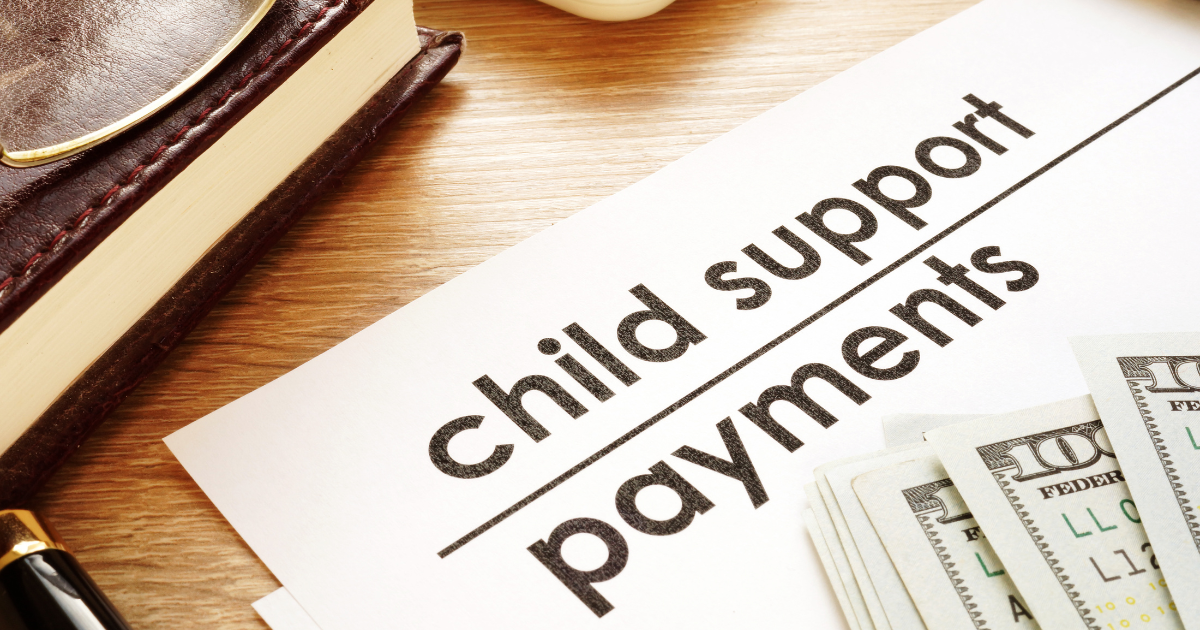Divorce is one of life’s most challenging transitions, bringing emotional, financial, and legal changes that affect every aspect of your future. If you are considering divorce in Old Bridge, New Jersey, you deserve to understand the process and your rights under state law.
From determining eligibility to dividing property and arranging child custody, the path forward can be complex. With the right guidance, you can move through the process with confidence and clarity.
How Do I Start the Divorce Process in Old Bridge, New Jersey?
Before filing for divorce, one or both spouses must meet the residency requirement. At least one spouse must have lived in New Jersey for one year before filing, except in limited circumstances such as adultery. The divorce process begins when one spouse files a Complaint for Divorce with the Superior Court in the appropriate county. The other spouse must then be properly served with the documents and has a limited amount of time to respond.
New Jersey allows both no-fault and fault-based divorces. A no-fault divorce is based on irreconcilable differences that have lasted at least six months. This ground does not require either spouse to prove misconduct. Fault-based grounds, such as adultery, desertion, cruelty, or substance abuse, are also recognized under New Jersey law. However, most divorces today proceed under the no-fault ground because it simplifies the process and avoids unnecessary conflict.
How Long Does a Divorce Take in Old Bridge?
The length of time it takes to finalize a divorce varies depending on several factors, including the complexity of the issues, whether the spouses can cooperate, and the court’s schedule. An uncontested divorce, where both parties agree on all terms, can be completed in a matter of months. A contested divorce involving disputes over finances, custody, or property may take a year or longer.
Every divorce follows a general structure. After filing, the court typically issues a case management order outlining key deadlines. Both parties exchange financial information and participate in mediation or settlement discussions. If an agreement is reached, it is submitted to the court for approval. If disputes remain unresolved, the case proceeds to trial, and a judge issues a final decision on all outstanding issues.
How Is Property Divided in an Old Bridge Divorce?
New Jersey follows the principle of equitable distribution when dividing property and debt. This means the court divides marital assets and obligations in a manner that is fair, though not necessarily equal. Marital property generally includes all assets acquired during the marriage, such as homes, vehicles, savings, and retirement accounts. Separate property—items owned before marriage, or received as a gift or inheritance—typically remains with the original owner unless it has been commingled with marital funds.
When deciding how to divide assets and debts, the court considers multiple factors. These include the duration of the marriage, each spouse’s financial contributions, earning capacity, health, age, and the overall economic circumstances of both parties. The goal is to reach a fair outcome that allows each spouse to move forward independently.
What Happens With Alimony or Spousal Support?
Spousal support, also known as alimony, may be awarded in some New Jersey divorces to ensure that both spouses can maintain a reasonable standard of living after separation. The court evaluates the financial need of one spouse and the other’s ability to pay. Other considerations include the length of the marriage, the age and health of each spouse, their earning capacities, and the standard of living established during the marriage.
There are several types of alimony recognized under New Jersey law. These include rehabilitative alimony to help a spouse gain education or job skills, limited duration alimony for shorter marriages, reimbursement alimony to repay a spouse who supported the other’s education or career, and open durational alimony for longer marriages. The amount and duration of alimony vary based on individual circumstances, and modifications may be possible if a significant change occurs after the divorce.
How Are Child Custody and Support Determined?
When minor children are involved, child custody and support become central issues in the divorce process. New Jersey courts prioritize the best interests of the child when determining custody arrangements. Parents are encouraged to work together to create a parenting plan that outlines where the child will live and how major decisions will be made. Custody can be shared or awarded primarily to one parent, depending on factors such as each parent’s relationship with the child, work schedules, and ability to provide a stable environment.
Child support is calculated under state guidelines that consider both parents’ incomes, the number of children, health care costs, and the parenting time arrangement. These guidelines are designed to ensure that children continue to receive adequate financial support after divorce. Both custody and support orders can be modified later if circumstances change substantially, such as a change in income or living arrangements.
What If My Spouse Refuses to Cooperate?
A divorce can still move forward even if one spouse refuses to participate. If the responding spouse fails to answer the complaint within the allotted time, the court may enter a default judgment. This allows the filing spouse to proceed without the other’s cooperation, as long as all legal notice and service requirements were properly met.
In contested cases, the court manages the process through structured hearings, discovery exchanges, and mediation sessions. New Jersey courts encourage settlement through mediation before allowing cases to proceed to trial. If settlement efforts fail, the judge will decide unresolved issues after reviewing the evidence presented by both sides.
What Is an Uncontested Divorce?
An uncontested divorce occurs when both spouses agree on all aspects of their separation, including property division, custody, support, and alimony. This approach is often faster, less expensive, and less emotionally taxing than a contested divorce. After both parties sign a written settlement agreement, the court reviews and approves it to ensure it meets all legal standards. Once approved, a judgment of divorce is entered, and the agreement becomes legally binding.
Even in an uncontested case, careful attention to detail is important. Each spouse should understand the long-term effects of the agreement, especially regarding finances, taxes, and future obligations. An attorney can help ensure the settlement is fair and comprehensive before it becomes part of the final decree.
What Happens After the Divorce Is Finalized?
Once a divorce is finalized, each spouse must follow the court’s orders regarding property transfers, custody, and support. Some issues may require future attention, such as college tuition contributions, medical expenses, or changes in income that affect support obligations. New Jersey law allows post-judgment modifications when a significant change in circumstances occurs, ensuring that agreements remain fair and workable over time.
However, certain elements—such as property division—are generally final and cannot be reopened except under limited circumstances, such as fraud or misrepresentation. If disagreements arise after the divorce, the court can enforce or modify the existing orders as needed.
What Costs Are Involved in an Old Bridge Divorce?
The cost of divorce in New Jersey depends on the complexity of the case. Filing fees, mediation costs, expert evaluations, and attorney fees can all add up. Uncontested divorces tend to be less expensive, while contested cases that involve disputes over property or custody often require more time and resources. Courts may order one spouse to contribute toward the other’s legal fees if there is a significant financial disparity between them.
Careful planning and communication can help reduce costs. Agreeing on as many issues as possible before filing can streamline the process and minimize the emotional and financial toll of divorce.



